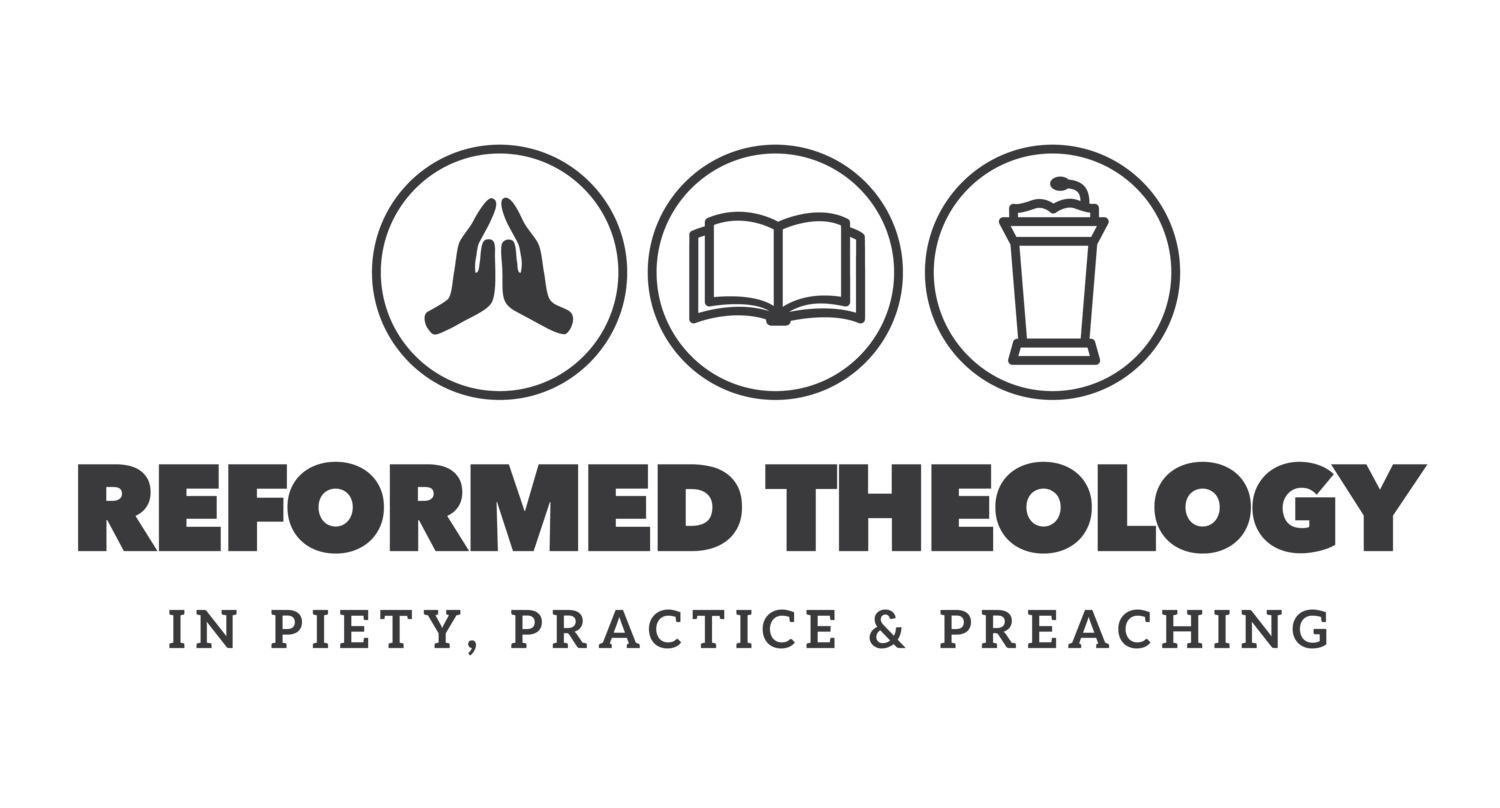Ideally as the pastor you should be one of the better-educated people in your church. You have likely gone to college and then studied for three or four years to earn your MDiv. During that time you’ve probably read thousands upon thousands of pages of theological literature. For your sermon preparation you ideally read a great deal each week, and that’s not counting your leisure reading. For these and other reasons I suspect that people regularly come to you with their questions, and I suspect that you regularly dispense answers. This is a good thing. But never be afraid to use three words, “I don’t know.”
I think there is a tendency among some pastors that they begin to think they’re really smart people. They use fancy words like “worldview,” “presuppositions,” “exegesis,” and “supralapsarianism.” And most people in the church are in awe as you drop these poly-syllabic verbal bombs. But a wise pastor will never hesitate to acknowledge when he doesn’t know the answer to a question. Just because you read a book on science and theology doesn’t make you a scientist. And just because you read a book on financial stewardship doesn’t make you a CPA.
I can’t tell you the number of times I have seen ministerial candidates standing for theological examination get asked a question, and rather than admit they don’t know, they give an intelligent-sounding but nonetheless ignorant response. I have seen some candidates fail an exam because they tried to answer questions about which they clearly had no clue.
My first piece of advice is, don’t believe your own press—don’t take too much of your counsel. I just assume I’m an idiot and that I don’t know much. This helps me keep quiet. If I really think I do know the answer to a question, I’ll offer it. But if there’s doubt, then I usually say, “I don’t know the answer to that question, but let me do some research and I’ll try to get back to with an answer as soon as I can.” I was once asked a question as I was teaching through the book of Hebrews. I didn’t know the answer to a question, offered my “I don’t know” response, and then returned the next week and took the Sunday School hour to answer the question. I, of course, went home, studied and did a lot of reading, created lecture notes, and then offered my answer when I had an informed opinion.
I think I know why many pastors fear saying “I don’t know.” They don’t want people to think, “What? You’ve gone to seminary, studied all sorts of books and subjects, and you don’t know the answer to my question?!” People may think this very thing, but even so, it’s not worth you trying to answer questions when you really don’t what you’re talking about. Personally, I don’t care if people don’t think I’m smart. Fine. I’m not striving to be smart, I’m striving to be faithful, faithful to God’s word. The Bible is a very big book, which means that I will naturally have to admit regularly that I don’t know answers to questions. That’s ok. Moreover, admitting that you don’t know something has two positive outcomes: (1) it becomes an opportunity for you to learn! (2) you show your congregation that you don’t know everything but that you’re willing to learn. The latter, I believe, sets an important example for your church, or even your children. The best teachers are usually the best students. Therefore, never be afraid to say, “I don’t know”!
